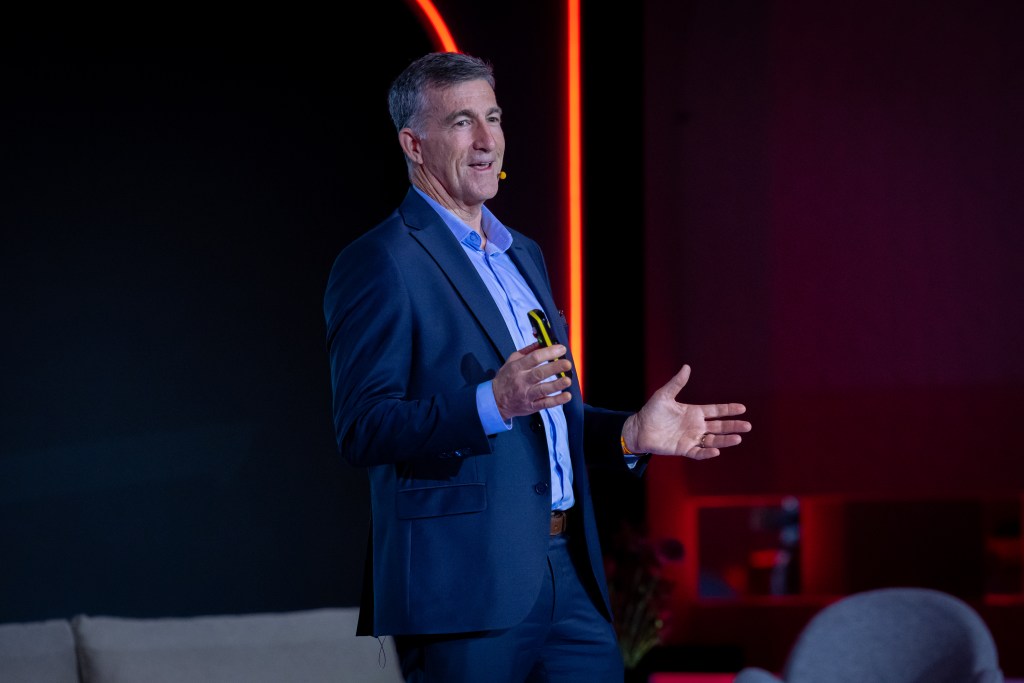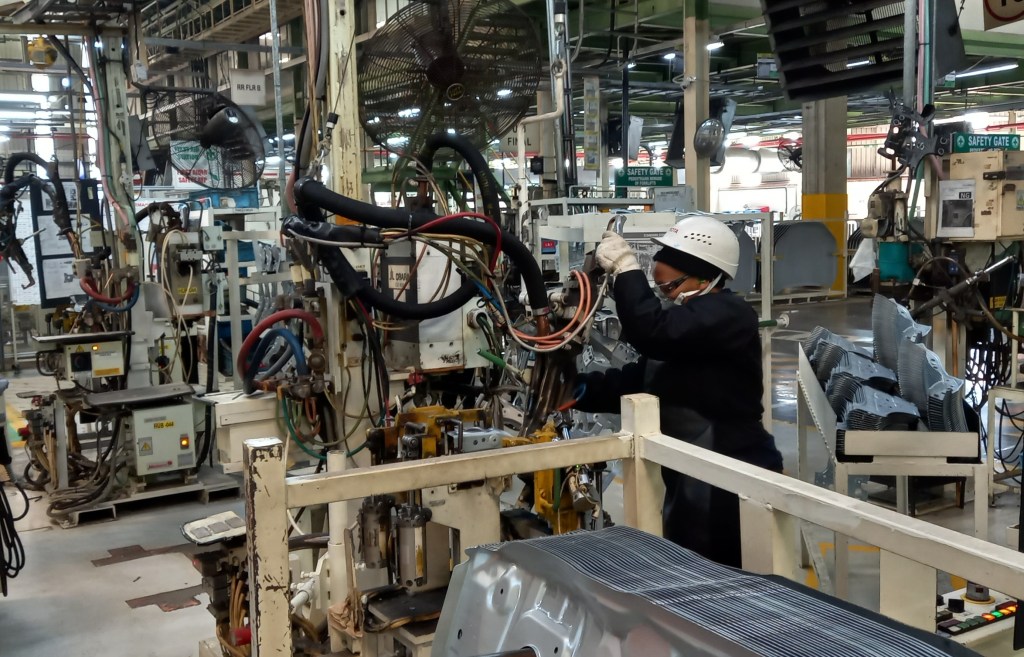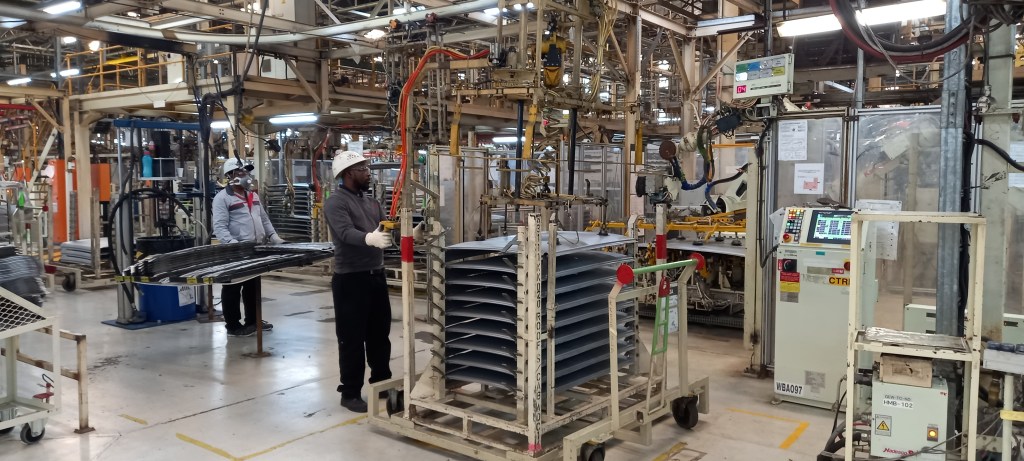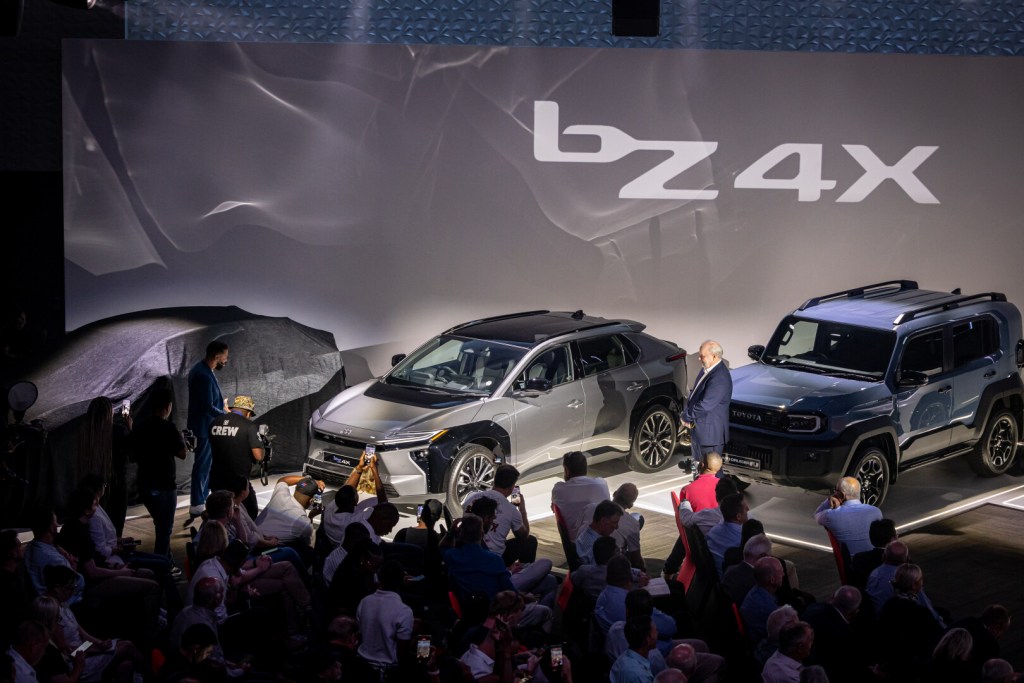
Andrew Kirby did not mince words when he talked about South Africa’s motor industry. He described a sector losing ground—local content is dropping quickly, exports are too dependent on Europe, and while the world races toward electric vehicles, South Africa’s barely off the line.

Honestly, it was the bluntest industry review anyone has made in years. Kirby, president and CEO of Toyota South Africa Motors, recently presented the 2026 State of the Motor Industry address and skipped the usual talk about resilience or market share. Instead, he pointed directly at the cracks in one of South Africa’s last big manufacturing pillars.
He did not soften the numbers. Right now, only a third of cars sold in South Africa are built here. In 2006, it was 56%. The decline is speeding up. Kirby’s outlook for 2026? Even worse.
“We really lack scale in South Africa,” he said. He meant more than just production numbers—he pointed to the country’s population, limited public transport and basic mobility needs. “We should be much bigger than this.”
Last year’s headline—600 000 vehicles sold—sounds impressive if you do not look deeper. But Kirby did. Take away the increase in cheap, entry-level cars and there is hardly any actual value growth.
“It’s not all that it seems,” he cautioned.
 Toyota's manufacturing facility in Prospecton near Durban
Toyota's manufacturing facility in Prospecton near DurbanExports look good on paper—609 000 vehicles produced last year, 411 000 exported. That is 68% of local output, mostly to the UK and EU. At first glance, it seems like a win. Look closer, and it is a vulnerability.
Eighty-one percent of those exports go to Europe and the UK. Africa, once important, now only takes 8%. The continent is flooded with used imports and cheap new cars from the Middle East, so private buyers barely count. Most sales rely on government fleets.
“We can’t just shrug and say we’ll export everything to Europe,” Kirby said. “Because those 400 000 exports? That is going to change.”
Regulations are moving quickly. The UK wants zero-emission vehicles, Europe is tightening emissions rules, and every new regulation makes it harder for South Africa to keep up (even with US President Donald Trump removing carbon restrictions).
Temporary extensions for hybrids or low-carbon steel do not fix the issue; they just show how unstable the electric vehicle sector still is. That uncertainty makes long-term planning impossible.
“In the next five years, we’re going to see a big drop in exports to Europe and the UK,” Kirby warned.
South Africa simply does not have a competitive electric vehicle industry yet. The few new energy vehicles sold locally are not made with local parts. No scale, no localisation. No localisation, no cost advantage. It is a loop South Africa cannot escape—and time’s running out.
Kirby’s strongest point came when he spoke about real value addition. That is the core of any manufacturing sector. In 2000, South Africa’s auto manufacturing value was $720 per person. Now? It has dropped to $614. Not only no growth, but a step backwards.
“We’re de-industrialising too soon,” he said. “Are we seeing the first signs of that in auto?”
He mentioned Vietnam—and not by chance. Smart policy has let Vietnam surge ahead, while South Africa has lost advantage after advantage. Electricity is costly, even with improved loadshedding. Wages rise faster than inflation. Water is now a concern—Toyota had to build its own dam to keep operating. Logistics, especially rail, remain expensive, even after port improvements.
 Production at the Toyota factory in South Africa
Production at the Toyota factory in South AfricaThe entire supply chain is under strain. Steel, tyres, the network of component makers built up over decades—all are feeling the pressure.
“We’re lucky we spent 100 years building this manufacturing base,” Kirby said. “If we lost it now and tried to restart in 2026, it wouldn’t happen.”
Right now, the industry needs a serious, honest discussion about policy—before it is too late.
Kirby made one thing clear—he is not looking for quick fixes or dramatic interventions. That is not the point. What he is after is harder: a smart, well-run industrial policy. One that understands the difference between a healthy import market and replacing imports just for the sake of it.
“To be honest, the country just can’t afford that,” he said, referring to heavy-handed import substitution. “The foreign exchange hit is massive, and it’s something we often overlook.”
His argument? Instead of sweeping changes, he is calling for targeted, incremental adjustments to strengthen competitiveness without blowing the budget. The aim: raise local content back up to 40%-50%. Not by hiding behind tariffs, but through timely policies that recognize imports are necessary, though over-reliance carries risks.
He was equally blunt about new energy vehicles. South Africa does not have the option to say the transition is unaffordable.
“If we say we cannot make the shift, we are giving up on exports as well. All we will have left is making outdated tech for a shrinking market,” Kirby said. “That’s just not the way South Africa has operated over the past hundred years.”
Toyota’s strategy sums it up—they are investing in multiple technologies: hybrids, plug-in hybrids, battery electrics, fuel cells, even carbon-neutral hydrogen engines. There is no single solution, and in South Africa, hybrids will dominate for years. But the issue is clear: only 4% of new energy vehicles sold locally are built here. That gap is right in front of us.
This is not a promise—it is a possibility
 The bz4x will be the first electric model launched in South Africa by Toyota
The bz4x will be the first electric model launched in South Africa by ToyotaKirby sees a real opportunity. With the right policies—now, not next year—the local market could surpass 700 000 units. Manufacturing could reach 720 000. That would mean R21-billion more in value and 14 500 new jobs, not counting the broader impact.
“Our planning window is three to four years,” he said. “We are already investing, and to be honest, we are running behind. If we can get this sorted by 2026, it will decide our investments for 2029 and 2030.”
He did not state the warning outright, but it is clear. Other countries are securing investment through clearer strategies and more stable policies. South Africa is competing for those same opportunities, but it is a tough race.
Still, Kirby sees something positive—a genuine, open dialogue between government, labour, and the industry group, naamsa. People are speaking honestly. But talking is not policy.
“We need to act. Now,” he said.
Compete, do not collapse!
Goolam Ballim, Standard Bank’s Chief Economist, set out the bigger picture. The world is not breaking down—it is reorganizing. Alliances, supply chains, the rules of the game—they are all changing. Now, resilience is more important than squeezing out every bit of efficiency.
For South Africa, this shift is both a risk and an opportunity. The old model—relying on a single export market, importing finished vehicles, and exporting most of what we build—is fading. What happens next depends on the decisions we make now.
Kirby’s remarks stood out because he was direct. He identified the problems, put real numbers on what is at stake, and outlined a practical goal. He did not minimize the challenge, but he was clear: the solutions are there if we are ready to move.
“We shouldn’t just ask how to avoid becoming an import replacement market,” he said. “We need to figure out how to build something stronger—to support the circular economy, create jobs, develop skills, and grow a dynamic auto industry and industrial base.”
Now it comes down to this: can policy move quickly enough to match the market? The window is open, but it will not stay open for long.
https://bit.ly/4kITMCG














































